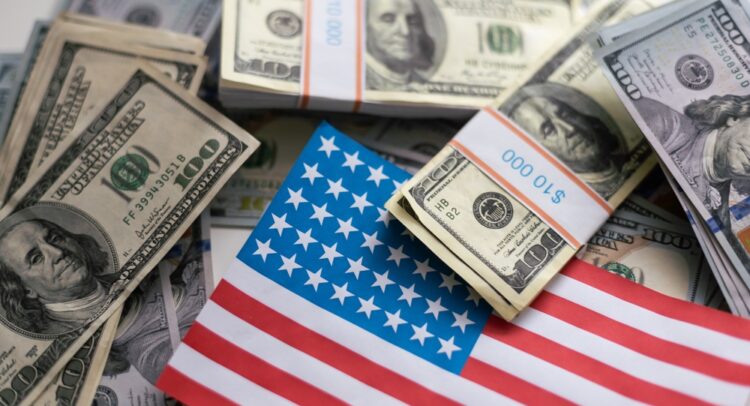From the beginning, the Trump administration initiated federal government layoffs to reduce the workforce. This was a key election promise from Trump and his advisor, Elon Musk. Through the Department of Government Efficiency (DOGE), Musk froze new hirings and encouraged voluntary resignations, affecting nearly 75,000 federal workers. According to the Wall Street Journal, while this is a small fraction of the 2.4 million civilian federal employees, further cuts could total about 475,000 jobs. Although federal workers make up just 1.5% of all U.S. nonfarm jobs, a considerable reduction in the federal workforce could have significant economic impacts.
Possible Implications
Federal employees usually earn more and have better job security than private-sector workers. Their layoffs could reduce spending on non-essential goods and services, especially in areas with many federal workers like Washington, D.C. The Economic Policy Institute notes that 35 states have over 5% of their civilian workforce in federal jobs so that these states could see economic slowdowns.
Federal layoffs could hit retail giants like Target (TGT), Walmart (WMT), and Costco (COST) hard. With former federal employees earning less, spending on non-essential items like electronics, clothes, and home goods might drop. Even Walmart, which focuses on groceries, could see a dip in general merchandise sales.
In areas with many federal workers, like Washington, D.C., Virginia, and Maryland, retailers might face fewer customers and lower sales. This could lead to changes in inventory, fewer store expansions, and even job cuts in retail.
Let’s see how the retail giants compare:

















